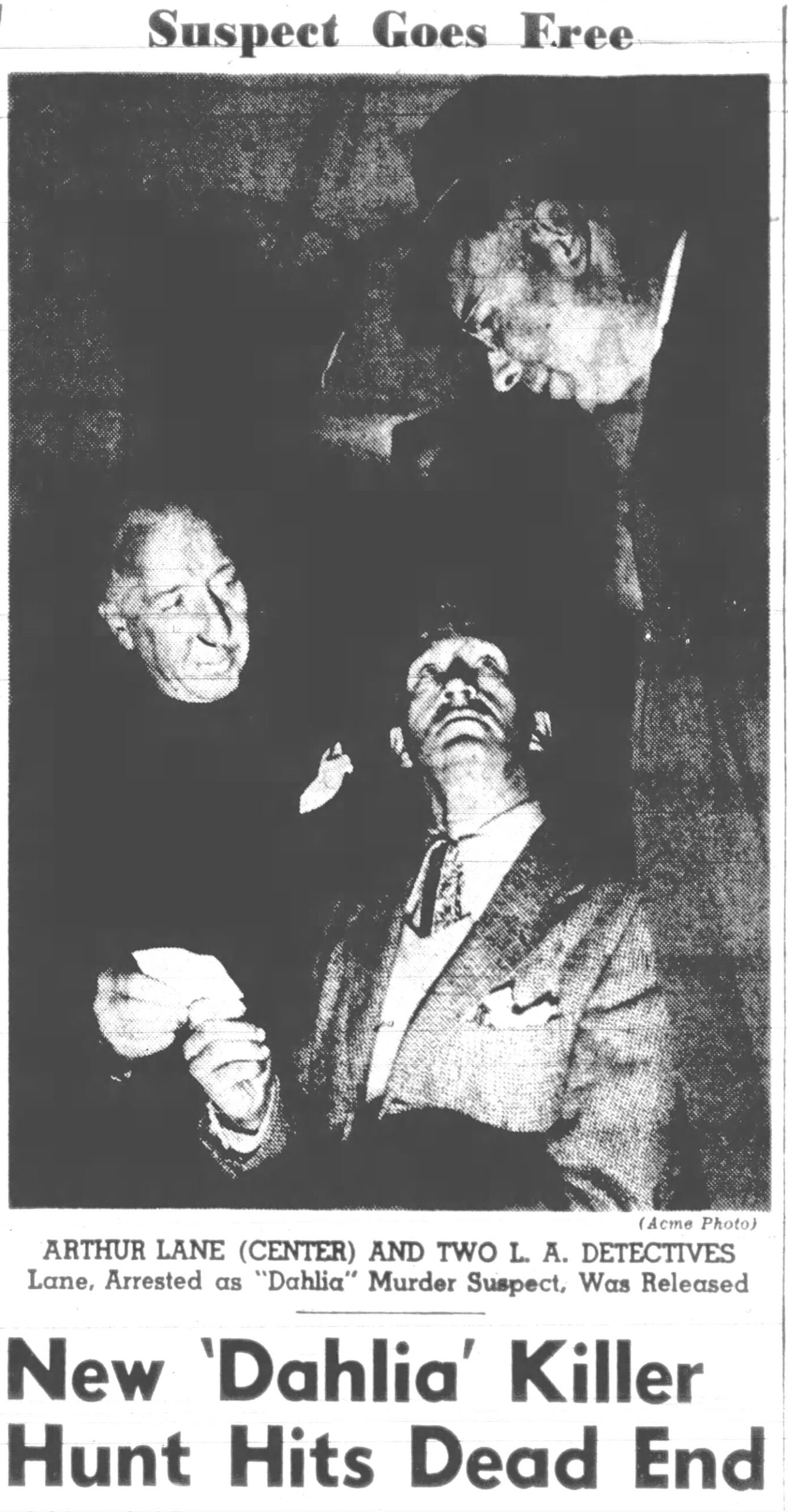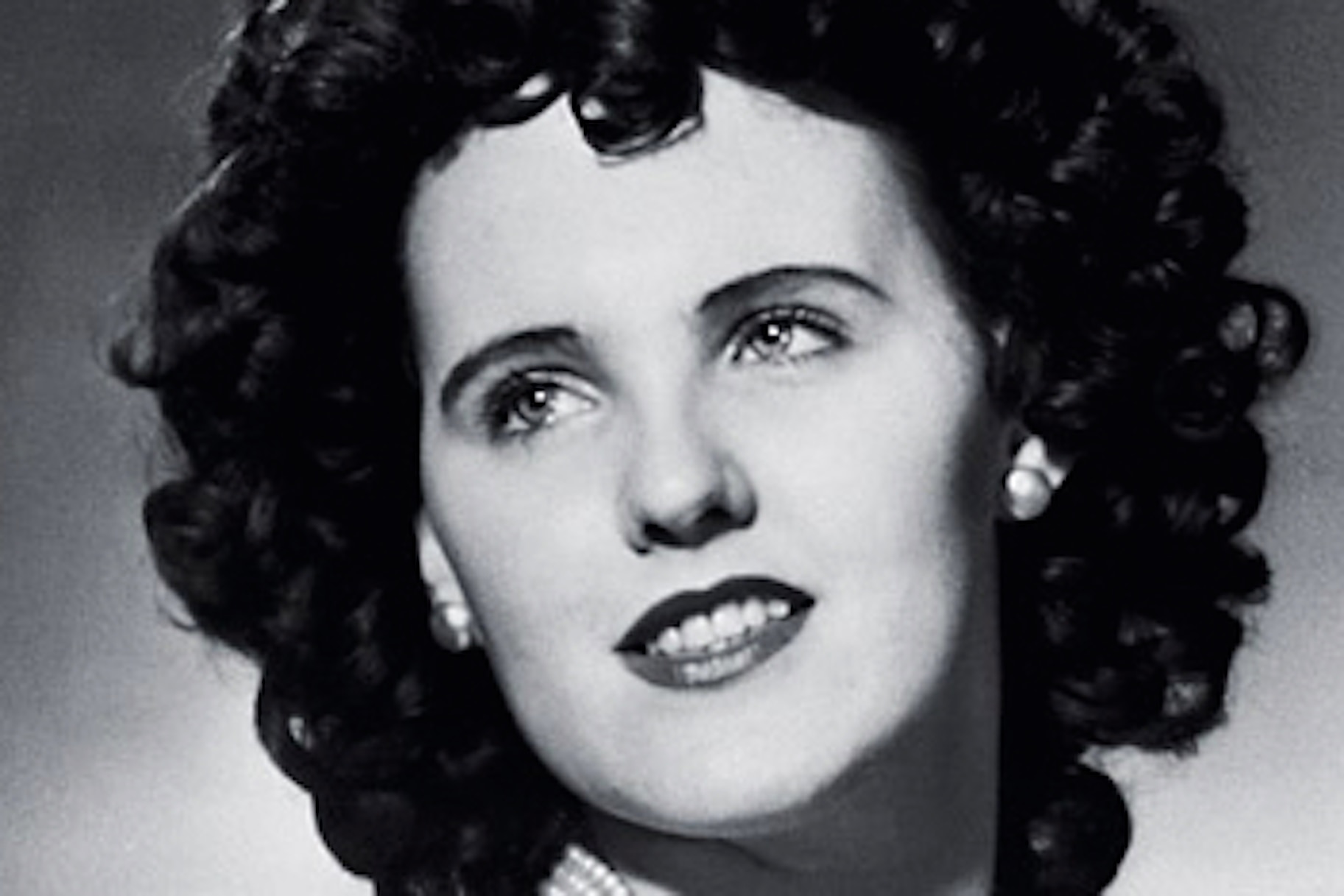Unveiling The Truth: Black Dahlia Crime Scene Images And The Mystery That Haunts Us
Let’s dive into one of the most captivating and chilling cases in American history—the Black Dahlia crime scene images. The Black Dahlia case has been a subject of fascination, mystery, and intrigue for decades. It’s not just a murder case; it’s a haunting puzzle that continues to boggle the minds of investigators, historians, and true crime enthusiasts alike. But what exactly happened that cold January morning in 1947? Let’s uncover the truth together, shall we?
The Black Dahlia crime scene images have become an iconic yet disturbing symbol of the darker side of human history. These photos aren’t just evidence—they’re a window into the life and tragic death of Elizabeth Short, a young woman whose story remains unresolved. The case of the Black Dahlia is more than just a murder investigation; it’s a reflection of the times, the culture, and the failures of the justice system.
So, buckle up, because we’re about to take a deep dive into the world of the Black Dahlia. We’ll explore the crime scene images, the life of Elizabeth Short, the investigation that followed, and the lingering questions that still haunt us today. This is not just a story; it’s a journey into the heart of darkness.
Read also:Unlock The Power Of Evooli The Future Of Smart Travel Technology
Who Was Elizabeth Short? A Brief Biography
Before we dive into the Black Dahlia crime scene images, let’s take a moment to remember the person behind the case—Elizabeth Short. She was born on July 29, 1924, in Boston, Massachusetts. Her life was marked by tragedy and hardship, but she dreamed of a better future in Hollywood. Elizabeth, or “Beth” as she was known to her friends, moved to Los Angeles in 1943, hoping to make it big in the film industry.
Despite her aspirations, Elizabeth struggled to find work in Hollywood. She worked odd jobs, including as a waitress, to make ends meet. Her beauty and charm earned her the nickname “Black Dahlia,” a moniker that would later become infamous. But behind the glitz and glamour of Hollywood, Elizabeth faced personal struggles, including a tumultuous love life and financial instability.
Biographical Details of Elizabeth Short
Here’s a quick rundown of Elizabeth Short’s life:
| Full Name | Elizabeth Short |
|---|---|
| Nickname | Black Dahlia |
| Date of Birth | July 29, 1924 |
| Place of Birth | Boston, Massachusetts |
| Date of Death | January 15, 1947 (estimated) |
| Cause of Death | Murder |
Black Dahlia Crime Scene Images: What Did They Reveal?
The Black Dahlia crime scene images are some of the most haunting photographs in the history of crime investigation. On January 15, 1947, a woman walking her dog in Leimert Park, Los Angeles, stumbled upon Elizabeth Short’s body. What she saw that morning would forever change the course of true crime history.
The photos reveal a gruesome scene. Elizabeth’s body was found in a vacant lot, cut in half at the waist and drained of blood. Her face was eerily calm, but her body was posed in a manner that suggested a meticulous and calculated act. The images shocked the nation and sparked a media frenzy. They became a grim reminder of the violence and brutality that can lurk beneath the surface of even the most glamorous cities.
Key Details From the Crime Scene
- Elizabeth’s body was found in a vacant lot in Leimert Park.
- She was cut in half at the waist and posed in a manner that suggested a ritualistic act.
- Her face was calm, but her body showed signs of severe trauma.
- The crime scene was meticulously staged, indicating a premeditated act.
Why Are the Black Dahlia Crime Scene Images So Iconic?
The Black Dahlia crime scene images have become iconic for several reasons. First, they capture the brutality and horror of Elizabeth’s murder in stark detail. Second, they represent the failure of the justice system to bring her killer to justice. Despite extensive investigations and numerous suspects, the case remains unsolved to this day.
Read also:Discover The Fascinating World Of Missax A Rising Star On The Internet
Moreover, the images have become a symbol of the darker side of Hollywood. They remind us that behind the glitz and glamour of Tinseltown lies a world of crime, corruption, and tragedy. The Black Dahlia case is a stark reminder that no city, no matter how glamorous, is immune to the darker aspects of human nature.
Impact on True Crime Culture
The Black Dahlia crime scene images have had a profound impact on true crime culture. They’ve inspired countless books, documentaries, and films, including Brian De Palma’s 2006 movie “The Black Dahlia.” The case has also become a benchmark for unsolved murders, a reminder of the importance of justice and closure for victims’ families.
The Investigation: What Went Wrong?
The investigation into Elizabeth Short’s murder was extensive but ultimately inconclusive. Detectives interviewed hundreds of suspects, followed countless leads, and spent years trying to piece together the puzzle. Despite their efforts, the case remains unsolved. So, what went wrong?
Some experts point to the lack of forensic technology available at the time. Others blame the media circus that surrounded the case, which may have hindered the investigation. Whatever the reason, the failure to solve the Black Dahlia case is a sobering reminder of the limitations of the justice system.
Key Suspects in the Case
- Walter Bayley: A doctor who knew Elizabeth and had a history of violent behavior.
- George Hill Hodel: A Los Angeles doctor who was a suspect in the case and later became the focus of a 2003 book.
- Mark Hansen: A nightclub owner who knew Elizabeth and had a reputation for violence.
The Legacy of the Black Dahlia
The Black Dahlia case has left an indelible mark on American history. It’s a reminder of the importance of justice, the dangers of unsolved crimes, and the impact of media on investigations. The Black Dahlia crime scene images continue to haunt us, a grim reminder of the violence and brutality that can occur in even the most glamorous cities.
But the legacy of the Black Dahlia extends beyond the crime itself. It’s a story of hope, dreams, and the pursuit of a better life. Elizabeth Short’s life may have been cut tragically short, but her story continues to inspire and intrigue people around the world.
Lessons Learned From the Case
The Black Dahlia case teaches us several important lessons:
- The importance of forensic technology in solving crimes.
- The dangers of media interference in investigations.
- The need for justice and closure for victims’ families.
Modern-Day Relevance: Why the Black Dahlia Still Matters
In today’s world, the Black Dahlia case remains as relevant as ever. With advancements in forensic technology and a greater understanding of criminal psychology, we’re better equipped to solve crimes like Elizabeth’s. But the case also serves as a reminder of the limitations of the justice system and the importance of vigilance in the face of unsolved crimes.
The Black Dahlia crime scene images continue to captivate and disturb us, a testament to the enduring mystery of the case. They remind us that justice is not just about solving crimes but also about remembering the victims and honoring their memory.
How Technology Has Changed Crime Investigation
Modern technology has revolutionized the way we investigate crimes. DNA analysis, digital forensics, and advanced imaging techniques have all contributed to solving cases that were once thought unsolvable. The Black Dahlia case serves as a reminder of how far we’ve come in the field of criminal investigation.
Call to Action: Keep the Memory Alive
As we reflect on the Black Dahlia case and the haunting Black Dahlia crime scene images, let’s remember the importance of justice and the need to honor Elizabeth Short’s memory. Share this article with your friends and family, and help keep the memory of the Black Dahlia alive. Together, we can ensure that Elizabeth’s story continues to inspire and intrigue future generations.
Conclusion: The Black Dahlia Mystery Lives On
The Black Dahlia case is more than just a murder investigation. It’s a reflection of the times, the culture, and the failures of the justice system. The Black Dahlia crime scene images continue to captivate and disturb us, a grim reminder of the violence and brutality that can occur in even the most glamorous cities.
As we continue to search for answers, let’s remember the importance of justice and the need to honor Elizabeth Short’s memory. The Black Dahlia case may remain unsolved, but her story continues to inspire and intrigue people around the world. Keep the memory alive, and let’s work together to ensure that justice prevails for all victims of crime.
References
This article draws on a variety of sources, including historical records, academic studies, and true crime documentaries. For further reading, check out:
- “The Black Dahlia Avenger” by Steve Hodel.
- “The Black Dahlia” by Brian De Palma (film).
- “The Black Dahlia” by James Ellroy (novel).
Table of Contents
- Who Was Elizabeth Short? A Brief Biography
- Black Dahlia Crime Scene Images: What Did They Reveal?
- Why Are the Black Dahlia Crime Scene Images So Iconic?
- The Investigation: What Went Wrong?
- The Legacy of the Black Dahlia
- Modern-Day Relevance: Why the Black Dahlia Still Matters
- Call to Action: Keep the Memory Alive
- Conclusion: The Black Dahlia Mystery Lives On
- References
Article Recommendations


